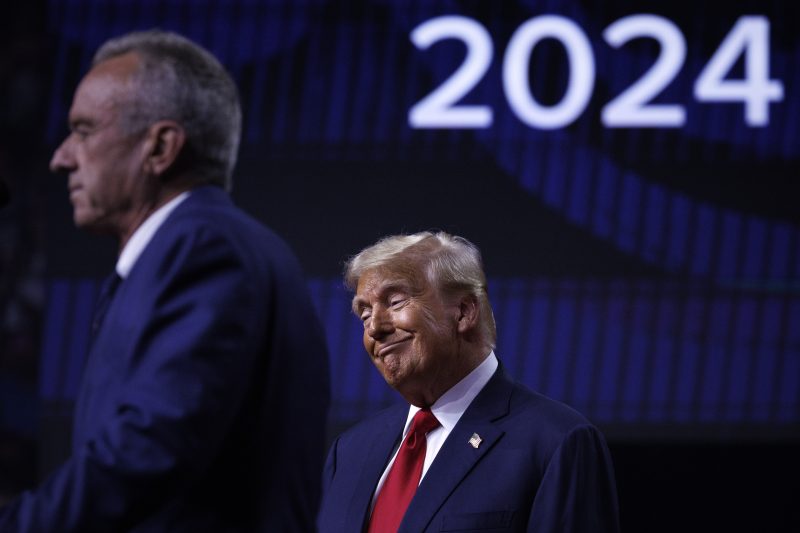In the realm of modern democracies, elections are the cornerstone of governance, serving as a means through which citizens exercise their right to participate in the selection of their leaders. However, the discourse surrounding elections is often shrouded in misinformation and misunderstanding. In this article, we seek to unravel the fact from the fiction surrounding elections, shedding light on some of the most common myths and misconceptions.
MYTH: Election results are always accurate and free from manipulation.
FACT: While election processes evolve with technological advancements, there is no foolproof method that guarantees 100% accuracy and security. Instances of voter fraud, manipulation of results, and interference from external actors have been recorded in various parts of the world. It is crucial to implement stringent safeguards, such as voter registration processes, transparent ballot counting, and independent oversight, to uphold the integrity of elections.
MYTH: Only the winning candidate benefits from the election outcome.
FACT: Elections have broader implications beyond determining the winner. They serve as a reflection of the collective will of the people and provide legitimacy to the elected government. Furthermore, elections offer an opportunity for citizens to hold their representatives accountable and participate in shaping public policies through their votes. Thus, the impact of elections extends to the entire society, influencing the direction of governance and policy-making.
MYTH: Low voter turnout indicates apathy and disengagement from the electoral process.
FACT: While high voter turnout is desirable for a robust democracy, low participation does not necessarily signal apathy. Various factors, such as voter suppression, disenfranchisement, lack of trust in the electoral system, and logistical barriers, can contribute to low voter turnout. Addressing these challenges requires proactive measures, including voter education campaigns, improvements in access to polling stations, and reforms to enhance confidence in the electoral process.
MYTH: Social media and online platforms have a negligible impact on election outcomes.
FACT: The rise of social media and digital platforms has revolutionized the landscape of election campaigns and voter engagement. Political parties and candidates leverage these tools to reach a wider audience, disseminate information, and mobilize supporters. However, the proliferation of fake news, disinformation, and online manipulation poses significant challenges to the integrity of elections, highlighting the need for regulatory frameworks and media literacy initiatives to counter misinformation.
In conclusion, elections are a cornerstone of democracy, empowering citizens to participate in the political process and shape the future of their societies. Distinguishing between fact and fiction in the discourse surrounding elections is essential to fostering transparency, accountability, and trust in democratic institutions. By debunking myths and misconceptions, we can work towards strengthening the foundations of democracy and ensuring that electoral processes remain fair, inclusive, and reflective of the will of the people.

